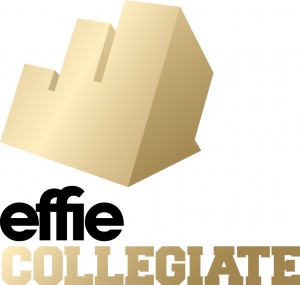
The deadline to apply for a fellowship from The Honor Society of Phi Kappa Phi is April 15, 2017. Phi Kappa Phi, the nation’s oldest and most selective all-discipline honor society, will award six $15,000 grants and 51 $5,000 grants to students nationwide.
Since its creation in 1932, the Fellowship Program has become one of the Society’s most visible and financially well-supported endeavors, allocating $345,000 annually to deserving students for first-year graduate or professional study. The competition is open to all active Phi Kappa Phi members who have applied to enroll as a full-time student in a post-baccalaureate program of study during the upcoming academic year.
“This Fellowship Program can transform your life by putting a graduate level educational experience within financial reach, and I thank my Phi Kappa Phi advisors for encouraging me to apply,” said Joseph Schartz, a 2016 Fellow. “I encourage any student who is considering graduate school to learn how Phi Kappa Phi can enable you to go above and beyond as a student scholar.”
The selection process for a Phi Kappa Phi Fellowship is based on the applicant’s evidence of graduate potential, undergraduate academic achievement, service and leadership experience, letters of recommendation, personal statement of educational perspective and career goals, and acceptance at an approved graduate or professional program.
In addition to the Fellowship Program, the Society awards $1.4 million each biennium to qualifying students and members through study abroad grants, dissertation fellowships, funding for post-baccalaureate development, member and chapter awards, and grants for local, national and international literacy initiatives.
Each active Phi Kappa Phi chapter may endorse one candidate from among its local applicants to compete Society-wide for a fellowship. The national deadline for chapters to submit an applicant is April 15, 2017. Chapter deadlines vary. If you are a student interested in applying for a fellowship, visit www.phikappaphi.org/chapterlist to contact your chapter for local deadline information.
For full eligibility requirements and application instructions, visit www.phikappaphi.org/fellowship.
About Phi Kappa Phi
Founded in 1897, Phi Kappa Phi is the nation’s oldest and most selective collegiate honor society for all academic disciplines. Phi Kappa Phi inducts approximately 30,000 students, faculty, professional staff and alumni annually. The Society has chapters on more than 300 select colleges and universities in North America and the Philippines. Membership is by invitation only to the top 10 percent of seniors and graduate students and 7.5 percent of juniors. Faculty, professional staff and alumni who have achieved scholarly distinction also qualify. The Society’s mission is “To recognize and promote academic excellence in all fields of higher education and to engage the community of scholars in service to others.” For more information, visit www.phikappaphi.org.
Media Contact
Hannah Breaux
Communications Director
The Honor Society of Phi Kappa Phi
hbreaux@phikappaphi.org
225.923.7777





